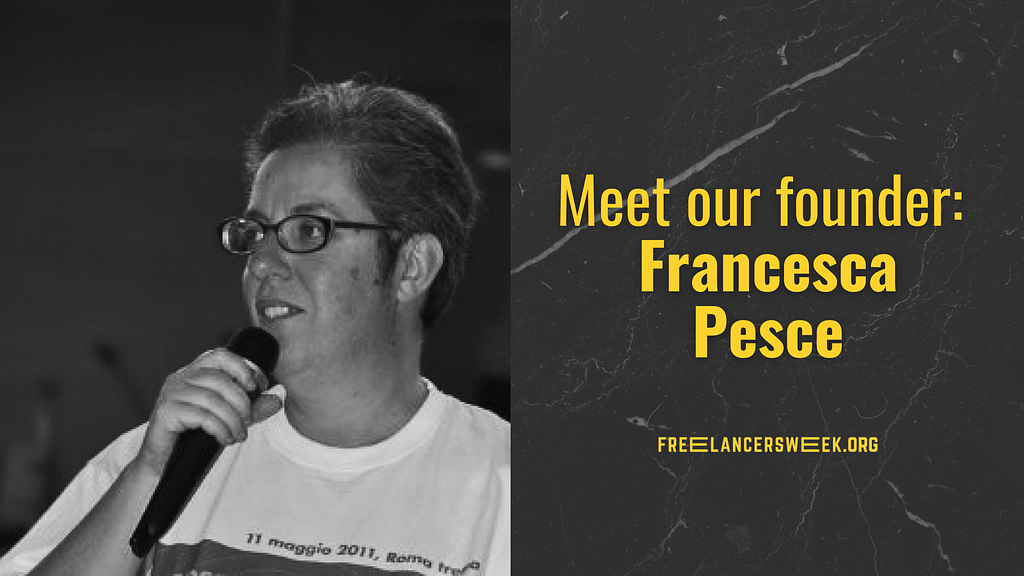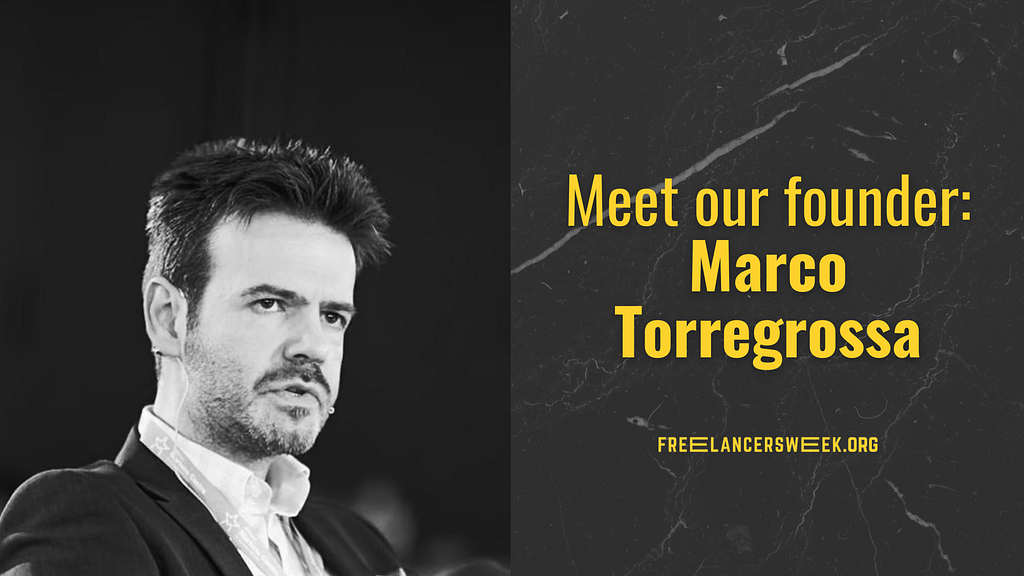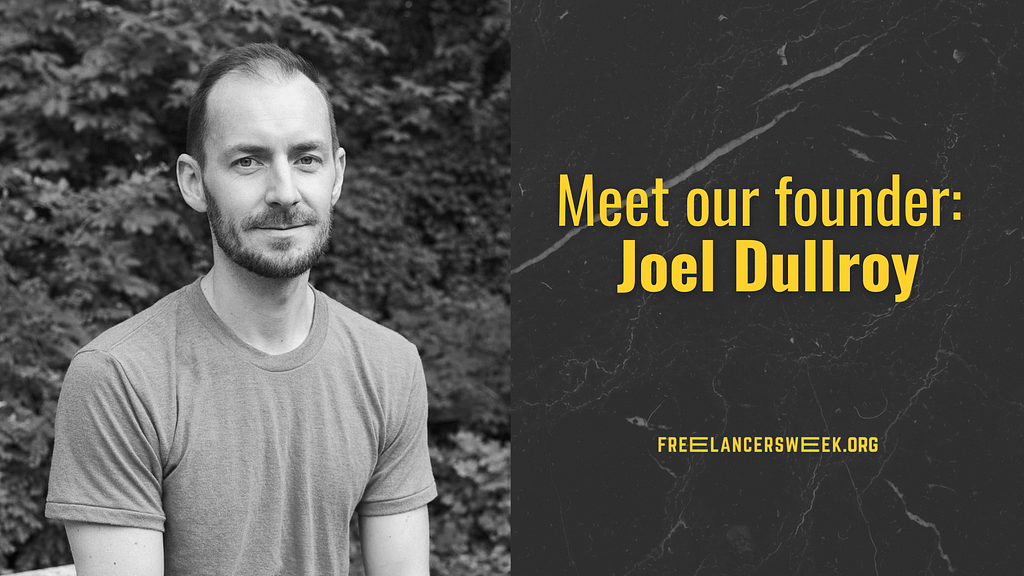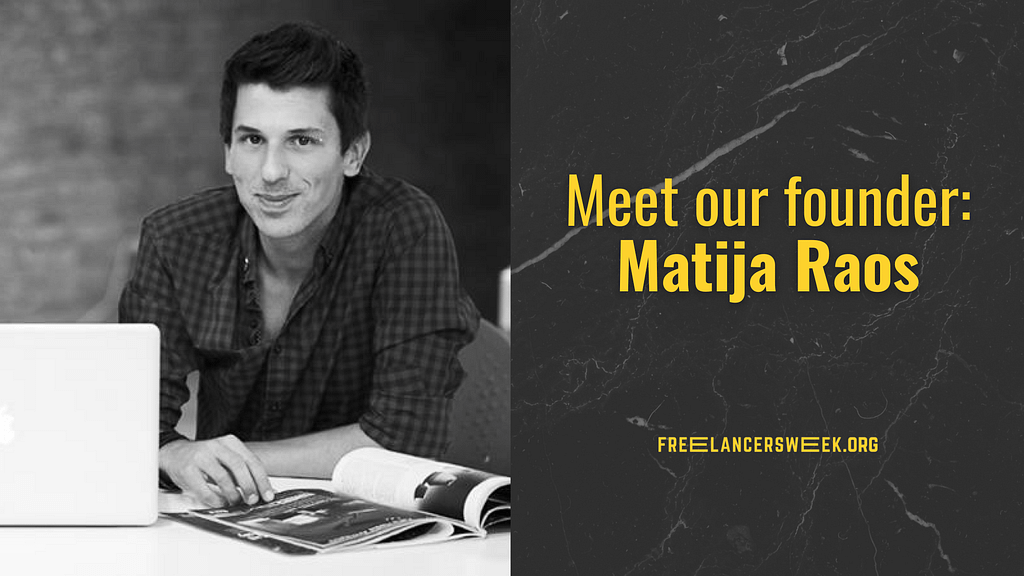Vice President of ACTA and European Forum of Independent Professionals (EFIP)
Freelancing is becoming a major contributor to the employment sector as more people are attracted to the benefits that remote work has to offer. This, however, doesn’t mean that freelancing doesn’t come with its own set of drawbacks, which include limited or no access to social welfare and other supporting and financial avenues that are available to our “company-employed” counterparts.
That’s how it looked to Italian Freelance Financial Translator Francesca Pesce, based in Rome, who decided to be a force of change in the industry and joined her local freelance association, ACTA. Francesca explains that: “[ACTA is] the only real Association [in Italy that] …represent[s] workers of every freelance profession…. We did that because it was the only way to fight for our rights. We work a lot on the issues of welfare, which belong to everyone, every different profession. In Italy, if you’re not a recognized liberal profession [you] have the same welfare or the same ‘non-welfare’.”
Her goal was then, and still is, to spark meaningful discourse among freelancers and lobby for sustainable and attainable legislative policies that acknowledge and support this vital but overlooked contributor to the European economy.
Francesca, who has been working in the industry for more than 27 years, understood that these issues aren’t unique to Italy as they aren’t unique to any one field of specialty in the freelance industry. Also, as Francesca points out: “The freelance sector is expanding throughout Europe, with a great many of us living in one European country but working in another European market.”
So, after joining ACTA, she started participating in meetings with other national associations across Europe that joined the <a href=”https://www.freelancersweek.org/about/european-forum-of-independent-professionals-efip/”>European Forum of Independent Professionals</a> (EFIP) to share and learn from each other, and to improve the overall treatment and understanding of the rights and channels available to freelancers across Europe. Francesca was shocked that many self-employed workers didn’t know what rights were available to them and that networking and the opportunity to learn and share seemed impossible to them.
“…I started participating in European activities of freelance associations… And that was the way in which everything… started, because we started getting to know each other ([the] different freelance associations from different countries) … [And, when] you have a trans professional organization, things are easier to do because… [when] you get many heads together you can actually put a big project, or a very effective project together… That is absolutely brilliant.” – Francesca Pesce.
Francesca set herself to organising regular meetings between the various national associations and organisations in Europe and took part in hundreds of emails and telephone conversations going back and forth about initiatives people were organising, petitions they were gathering, policies they were pushing and rights that they were advocating in the various regions. Some of these activities resulted in some well organised, guerilla-warfare style awareness campaigns that included flooding politician’s social media pages or overwhelming their fax machines with documentation on their petitions.
Francesca’s unceasing energy was just the drive needed when she successfully suggested the idea of a European Freelancers Week (EFWeek) during a local ACTA meeting in Rome, and immediately contacted Joel Dullroy from Germany’s VGSD and Matija Raos from Croatia’s HNPD to get the ball rolling. During their subsequent meetings, the spark of Matija’s efforts for freelancers met the fuel of her own efforts, and Joel added the needed structures.
“We had spoken about this idea of the European Freelancers Week in the EFIP board meetings, and we couldn’t get it approved… but then, one day [during] a meeting of my group, ACTA, in Rome… we were… trying to plan our initiatives, and we were saying that what we really needed was something that went from the very local to the global… and I said, ‘Well, you know, it’s sort of would be great to have like a European Freelancers Week,’ and everyone said ‘Yeah, we have to do it!’. So, I WhatsApped Matija [Raos] from Croatia and Joel Dullroy from the German Association, and I said, ‘Listen, I know that [EFIP] didn’t want to do it. So, why don’t we do it – [just] the three of us…’ [And that’s how] we invent the European Freelancers Week.” – Francesca Pesce.
Today, thanks to the dedication and inspiration of people such as Francesca, Joel, and Matija EFWeek is the world’s largest annual celebration of independent work aimed at empowering self-organizing of the self-employed. When asked what was the biggest impact EFWeek had for freelancers, Francesca didn’t believe that there were any widespread or visible effects and doubted whether people were even aware of EFWeek’s existence, but the most important factor was that freelancers (who by the very nature of remote work are isolated) were given an opportunity to connect, share with and build meaningful relationships with fellow freelancers across the industry:
“I think what actually happened is that the people, who had the possibility of participating in [EFWeek] or in its activities, found that their reality was a European reality. That they were not the only ones living this situation; that they learnt that it was fun doing things with others – they started relationships with other people. And, I think that’s the most important part: that it simulated trans transnational relationships – friendship initiatives.”




